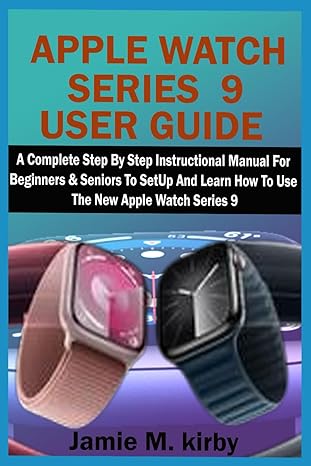Answered step by step
Verified Expert Solution
Question
1 Approved Answer
another example question uses 0, 7, 2, 17, 31, 3, 6, 8, 23, 5, 10, and 20 assuming collisions are handled by double hashing with

another example question uses 0, 7, 2, 17, 31, 3, 6, 8, 23, 5, 10, and 20 assuming collisions are handled by double hashing with d(k) = 7- k mod 7 and the hash table is not resized until the end
HOW DOES THIS WORK????
I HAVE NO CLUE WHAT ITS EVEN ASKING
Illustrate the 11-entry hash table that results from using the hash function, h(i) = i mod 11, to hash the keys 0, 11, 2, 22, 33, 3, 6, 8, 7, 9, 18, and 10, assuming collisions are handled by linear probing (10 points). Fill in the table below as well as explanations for probing, if there's anyStep by Step Solution
There are 3 Steps involved in it
Step: 1

Get Instant Access to Expert-Tailored Solutions
See step-by-step solutions with expert insights and AI powered tools for academic success
Step: 2

Step: 3

Ace Your Homework with AI
Get the answers you need in no time with our AI-driven, step-by-step assistance
Get Started


